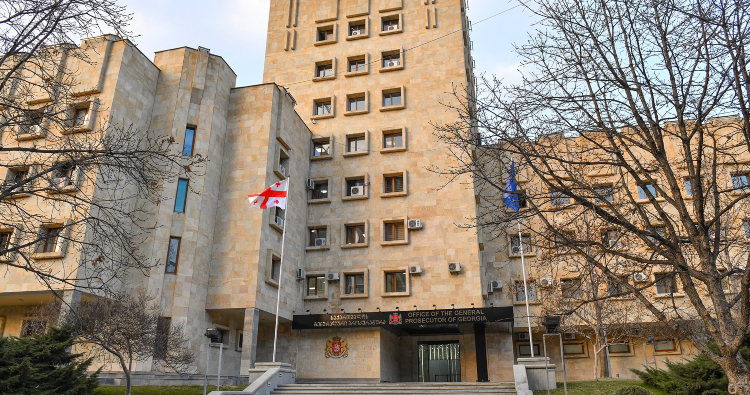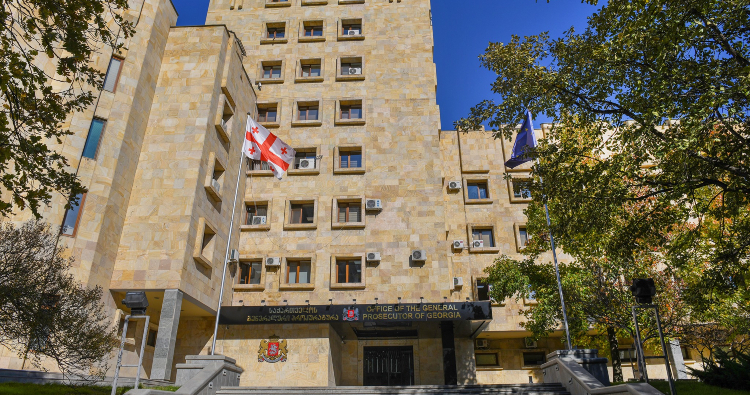Georgian Prosecutor’s Office, int’l law enforcers solve transnational crime involving rare books stolen across Europe

It added the investigation was ongoing in “active cooperation” with agencies from the countries involved to identify other individuals involved in the case. Photo: Prosecutor’s Office of Georgia
The Prosecutor’s Office of Georgia, the Interior Ministry of the country and representatives of law enforcement agencies from Switzerland, France and Lithuania have solved a transnational crime involving stealing and sale of rare 19th century books across Europe, the Office said on Thursday.
The body said four members of the organised crime group had been arrested at the current stage as a part of investigative actions conducted in “dozens of locations” across the country, and added “dozens” of individuals, their residential houses and places for selling the books were searched in the efforts.
It also said law enforcements had seized “significant amounts” of money and “hundreds” of books, including a 19th century French-language book allegedly stolen from the National Library of France during the search of the residences.
The Office noted its investigation had found Georgian citizens had developed a criminal scheme with the intention of stealing 19th century books worth hundreds of thousands of euros for further sale throughout Europe, with the criminal actions committed between 2022 and 2023.
The body said the individuals used fake ID cards and fictitious names to obtain the books from national and university libraries in France, Germany, Latvia, Lithuania, Estonia, Switzerland, Poland and the Czech Republic, before replacing them with pre-made high-quality copies of the originals when returning them to the venues.
It added the investigation was ongoing in “active cooperation” with agencies from the countries involved to identify other individuals involved in the case.
The Office extended its gratitude to Georgian and foreign law enforcers for their “highly professional and successful efforts”, as well as the European Union Agency for Law Enforcement Cooperation and the EU Agency for Criminal Justice Cooperation for their assistance.
The large-scale efforts involved more than 100 employees from law enforcement agencies of EU countries and Georgia, with the investigative team being created with the support of Eurojust.
The crime is punishable by six to 10 years of imprisonment.
 Tweet
Tweet  Share
Share


